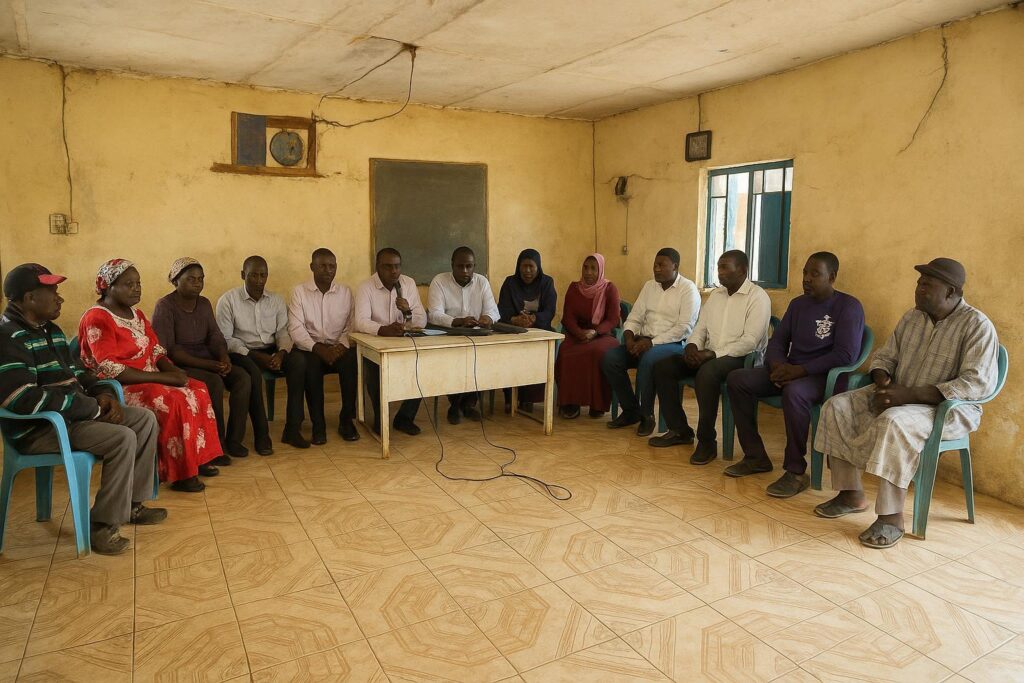Life Inside Juba’s Mahad IDP Camp
At the heart of Juba, Mahad School has shifted from classroom to refuge for 8,800 internally displaced people. Twelve years after South Sudan’s conflict erupted, the site now mirrors the nation’s unresolved humanitarian needs.
Residents recall regular food rations, clean water drums and mobile clinics before 2022. Their sudden suspension has turned daily life into a precarious calculation of meals, medicine and safety.
Food Insecurity and Health Concerns
Camp director Peter Kaka lists food shortages, unsafe water and inadequate sanitation as the gravest threats. Without a functioning clinic, treatable illnesses advance unchecked, compounding the impact of undernourishment.
Women such as Lula Summy Thaoth underline the gendered toll. “We have no hygiene supplies for girls,” she says, standing beside makeshift shelters fashioned from tarpaulin sheets (Eye Radio).
Families walk kilometres to the Nile for water that must be boiled over scarce firewood. During the rainy season, overflowing sewage invades sleeping areas, raising worries about water-borne diseases.
Voices from the Displaced Community
On nearby streets, orphaned children sift through market refuse or beg for coins, exposing them to exploitation. “We are the product of hunger and sickness,” observes resident Rebecca Ireer, gesturing towards idle youth.
High-school graduate David Baba recalls former ambitions. “We used to study; now we simply wait,” he explains, detailing cases in which relatives cannot afford to transport deceased loved ones to a morgue.
Mother of four Rose Gola cooks discarded meat scraps for her family. She pleads for education and nutrition assistance, fearing another generation will grow without prospects.
Calls for Renewed Humanitarian Support
Aid agencies once filled critical gaps, yet shifting global priorities and funding constraints have reduced their presence in Mahad. Observers warn that sustained neglect could turn the site into a public-health emergency within sight of the capital.
Camp director Kaka urges immediate deliveries of food, clean water, and basic medical services. “If action stalls, a hidden disaster will unfold,” he cautions, echoing broader concerns about shrinking humanitarian space in South Sudan.


